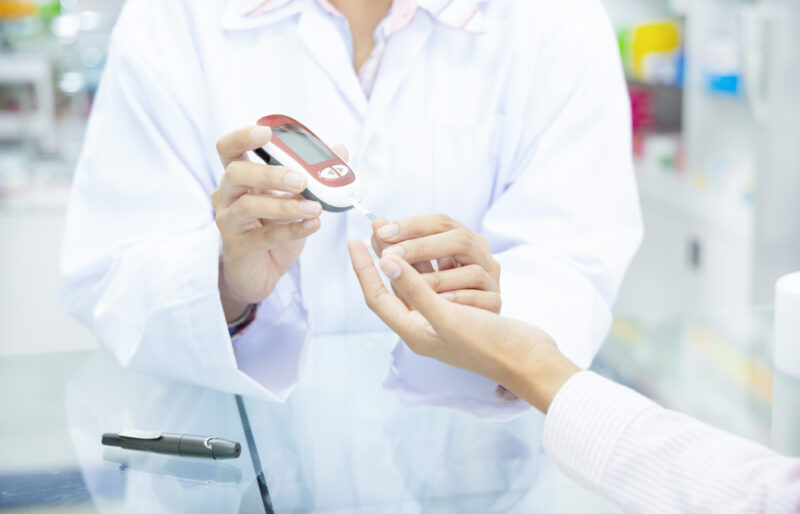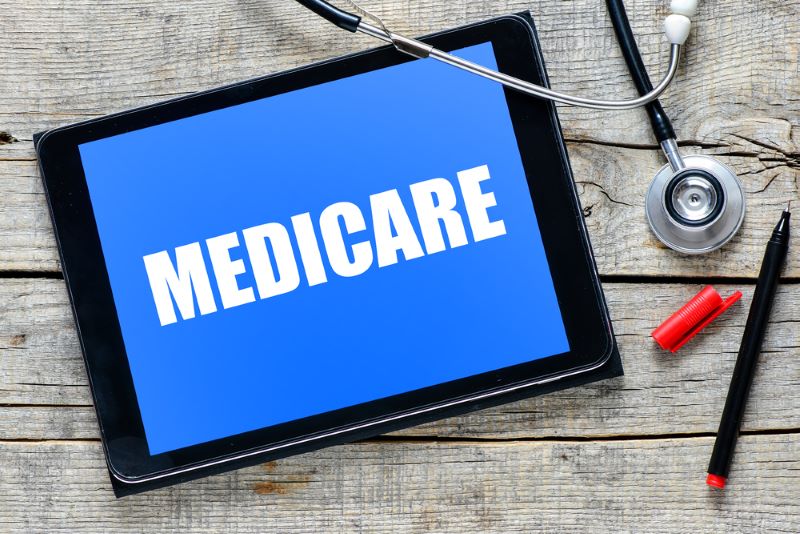As a pharmacist, you know which over-the-counter (OTC) product to recommend to a patient when he comes in complaining of seasonal allergies. And, you’re trained to administer vaccines and immunizations. But something you may not know is what to do in the case of a mass casualty event or other emergency.
Mass shootings are increasing in the U.S. According to the Mass Shooting Tracker, a website that tracks mass shooting incidents, 372 mass shootings occurred in the U.S. in 2015. And, pharmacy school likely hasn’t prepared you for how to deal with such an incident.
Along with emergency personnel and other health care providers, pharmacists play a key role in responding to devastating events, such as a mass casualty. Prescribers will need your aid in filling prescriptions, and even performing certain clinical services, as multiple hands on deck are often required during these unfortunate events. It’s critical that your independent community pharmacy is armed with the proper education, preparation and tools necessary.
You should always follow your local procedures for emergencies, but here are a few more ways get prepared for a mass casualty event.
Educate yourself and your staff
Your pharmacy may already have safety precautions in place, such as quarterly fire drills and procedures for natural disasters. But, with the prevalence of mass shootings occurring in the nation today, now’s the time to take further steps to arm yourself and your staff with the knowledge of what to do in case of this type of event.
If you’re unsure of where to begin to educate yourself and your staff, consult the U.S. Small Business Administration (SBA). The SBA provides helpful tips, tools, guidelines and webinars for businesses to provide to their staff to educate and prepare for circumstances, such as a natural disaster, threat in cyber security or other workplace hazard.
Making an effort to view a monthly SBA webinar, or attending a continuing education (CE) course related to the topic of mass casualty events is an effective way to learn what to do should such a situation occur at or near your pharmacy.
Create an emergency response plan
No one knows when an emergency might happen; so timely preparation is key to ensure the safety of yourself and your staff. Preparation is also essential to best help patients in need in such a circumstance.
Holding practice drills is a valuable way to plan for a mass casualty attack. However, to know exactly what to do in these drills you will have to create a plan. For example, specify where necessary supplies are and keep emergency guidance plans easily accessible.
Delegating specific roles and duties to each of your employees is another good idea. For example, if a pharmacy technician is a good communicator, put her in charge of communicating with distressed individuals.
The SBA also provides general preparedness information and other additional resources to help your small business plan for the worst.
Test your emergency response plan
Although you can’t determine the complete accuracy of a plan, performing drills can help your staff test what works and what doesn’t work, before an actual emergency occurs.
All members of your staff should participate in testing. The SBA recommends that a full-scale test be performed annually to help ensure that your business not only survives but also thrives in an unexpected situation.
It’s important to test your workstations, methods of communication, building security and workflow procedures to protect your pharmacy and employees.
Remember, these are just a few ideas of ways your pharmacy can prepare for an unexpected situation. Discover five other emergency planning tips for your pharmacy.
A Member-Owned Company Serving Independent Pharmacies
PBA Health is dedicated to helping independent pharmacies reach their full potential on the buy-side of their business. Founded and owned by pharmacists, PBA Health serves independent pharmacies with group purchasing services, wholesaler contract negotiations, proprietary purchasing tools, and more.
An HDA member, PBA Health operates its own NABP-accredited secondary wholesaler with more than 6,000 SKUs, including brands, generics, narcotics CII-CV, cold-storage products, and over-the-counter (OTC) products — offering the lowest prices in the secondary market.











